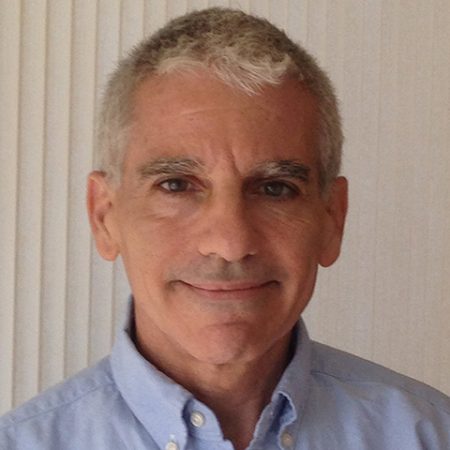
A faculty member in Florida State University’s College of Arts and Sciences has assumed leadership of the principal society for classical studies in North America.
John Marincola, FSU’s Leon Golden Professor of Classics, has been named president of the 3,000-member Society for Classical Studies (SCS), taking office during the organization’s annual meeting in January.
Classics, according to Marincola, is a term used in the academic community to describe the study of the ancient civilizations of Greece and Rome, primarily starting with the Roman Bronze Age in about the 13th century BCE (Before the Common Era) and continuing to the advent of Christianity and the death of the first Christian emperor, Constantine, in 337 CE (the Common Era). During that span of about 15 centuries, the societies of Greece and Rome became great innovators in literature, art, architecture, philosophy, science and critical thinking that greatly informed the later Enlightenment —and our modern society as well.
“These are important societies for the ways we look at the world,” Marincola said. “As an example, see Plato’s treatise on the place of the individual in society. There were also questions of war that might apply today: Does might make right? When is war acceptable? These are the sorts of questions that we’re still asking.”
Marincola, who has taught at Florida State for 11 years, says there is always more to be learned about the ancient Greek and Roman civilizations that still hold lessons today.
“The thing about classics that’s great is new discoveries are constantly being made,” Marincola said. “You wouldn’t think so, but they are — and not just in terms of archaeology. New texts, for example, from the Greek and Roman world are found regularly. Only in the last century did we discover a work of Aristotle’s, The Constitution of the Athenians, which was known about because other ancient authors had mentioned it, but no text had survived. And there it was, almost in its entirety, on a papyrus. And just two years ago, a poem of Sappho, the great Greek poetess, was found; it’s a poem that nobody had read in 2,000 years, and there it was in mummy wrappings. So it’s a very exciting field, even though it’s a very old field.”
Those old texts have much to teach us, Marincola said — not just about the people who wrote them, but about ourselves.
“I think there’s still value in telling us something that’s important about the human condition,” he said. “So we continue to read Homer and Virgil and Plato, Sophocles, Aristotle, Euripides and the historian Herodotus. In some areas, we haven’t advanced as far beyond these ancient societies as we might think. For example, you might ask the following questions: What makes up a just society? What’s the nature of human life? What’s the purpose of human life? How should we live our lives? Who should rule over us? How should be rule ourselves? To whom do we owe our obligations?
“For these questions, the Greeks and the Romans still have lots to say that’s of great value,” Marincola said. “However, we haven’t perhaps made such great progress in these areas.”
Finding answers to such questions necessitates approaching them from a variety of perspectives — an approach the field of classics is known for.
“One of the things that’s wonderful about classics is that it’s a truly interdisciplinary field. It’s a field in which people do languages and literature, they do history, philosophy, art history, archaeology and material culture. For me, it’s historiography — the study of historians as literary artists or writers. In other words, I study the ways in which ancient Greek and Roman historians went about doing their work. So we really do have a big tent in the field of classics.”
The chair of FSU’s Department of Classics, Professor Daniel Pullen, said Marincola’s SCS honor is significant.
“John Marincola’s election as president of the Society for Classical Studies is a great indication of his standing in the field of classical studies, as he was elected by his peers across the nation,” Pullen said. “Past presidents of the SCS have included some of the most important names in the field.”
The Society for Classical Studies,founded as the American Philological Association in 1869 by “professors, friends and patrons of linguistic science,” is the principal learned society in North America for the study of ancient Greek and Roman languages, literatures and civilizations. While the majority of its members are university and college classics teachers, members also include scholars in other disciplines, primary and secondary schoolteachers, and interested lay people. The society is headquartered at the University of Pennsylvania in Philadelphia.




